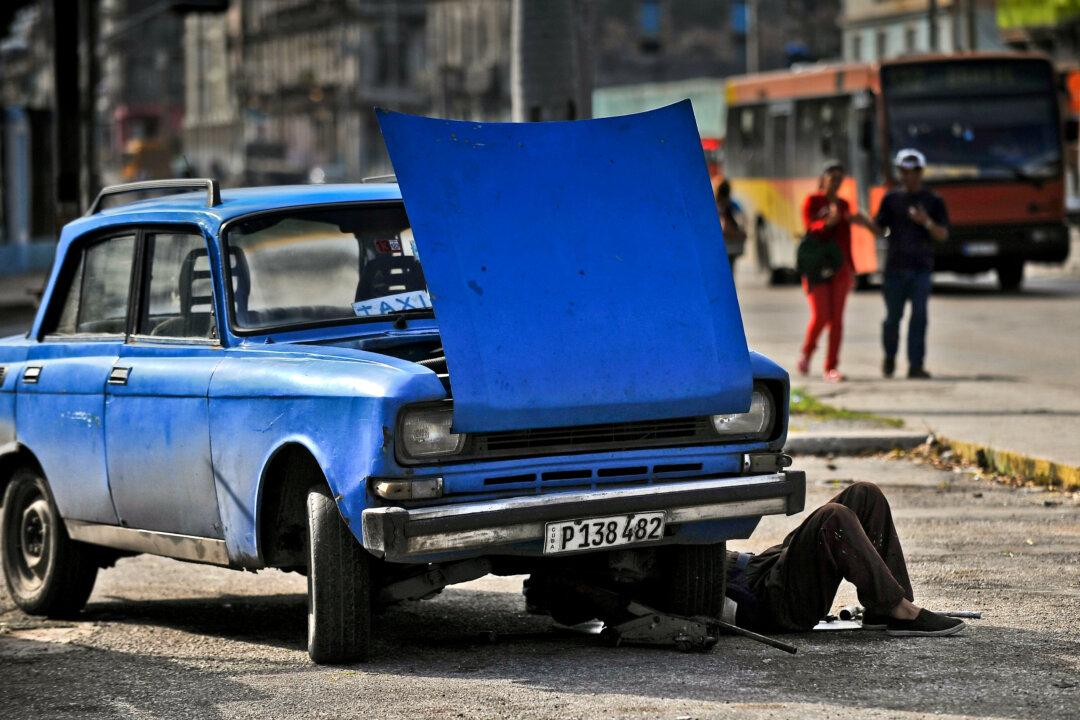Two years after President Barack Obama relaxed America’s stance toward the communist regime in Cuba, citizens of the island nation are still waiting for any substantial benefits.
Although Obama managed to widen the crevice for U.S. companies in the Cuban market, Cubans have seen little improvement in their economic freedoms, while their political freedoms remain abysmal.





